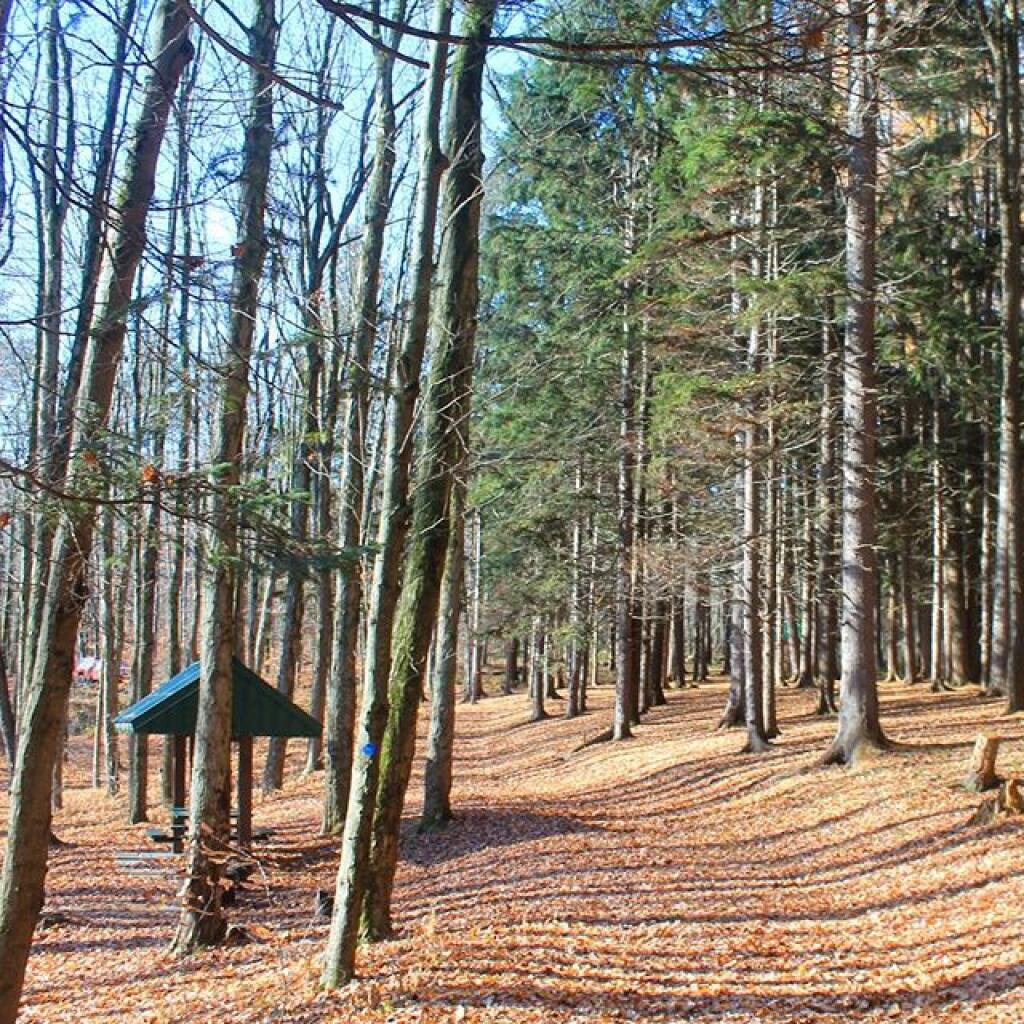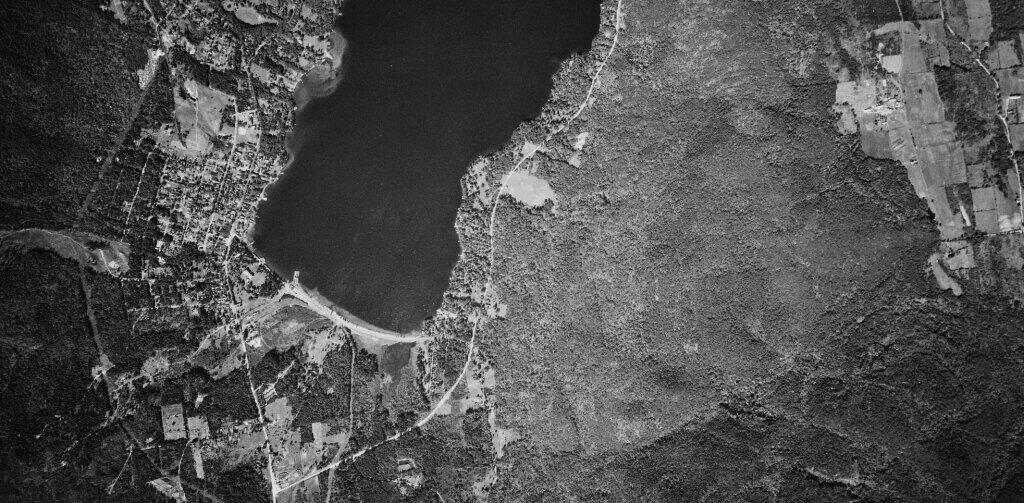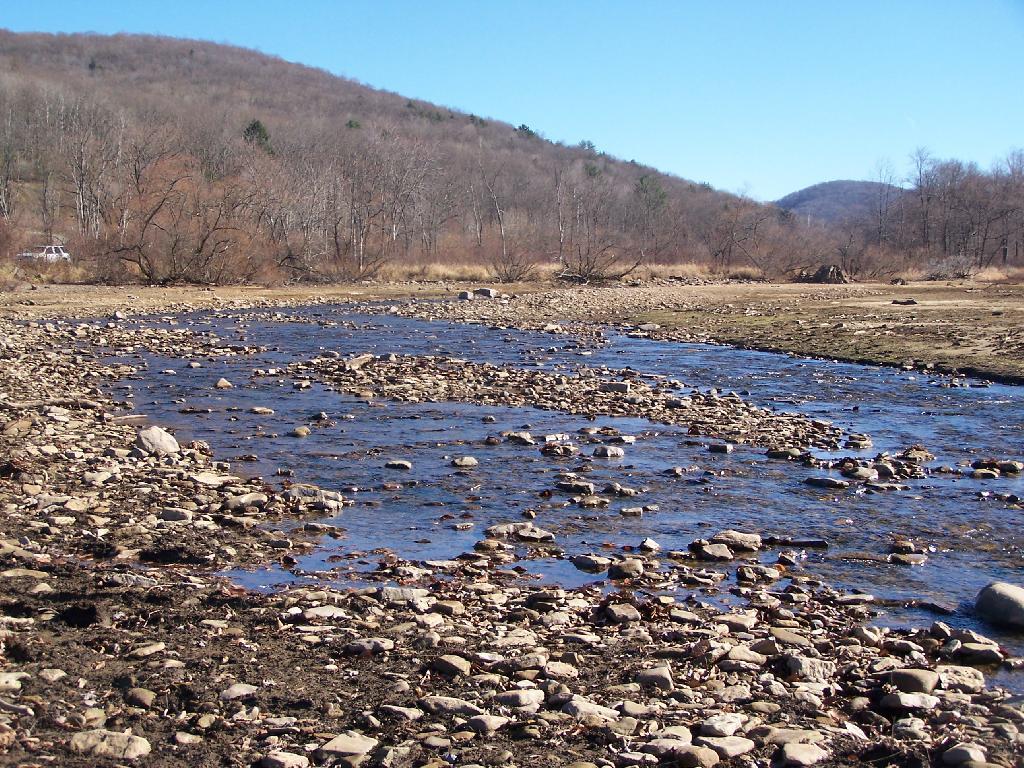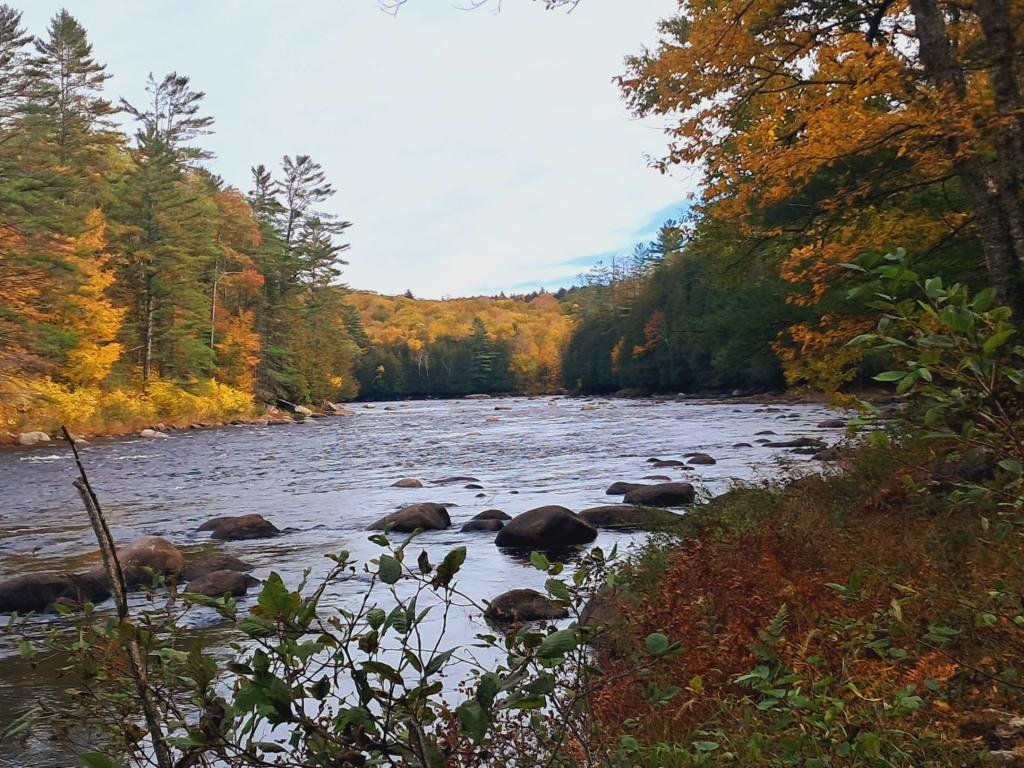
Too early
Polling machines and the internet 🖥️
Often when news reports are discounting conspiracy theories regarding elections, they note that no polling machines are connected to the internet. This on it’s face is true, in the sense that no jurisdiction currently uses vote tabulation machines that are permanently connected to internet — on Election Day and at Early Voting sites, the machines are air-gapped from the internet. For security reasons, this is unlikely to change anytime in the future, though it would be convenient if voting tabulators could submit their initial tabulations back to County Board of Elections over the Internet for reads of speed, though that opens up a security bucket of worms. Some jurisdictions might use a separate device to beam back initial results from an electronic results, which could protect the chain of custody of the vote tabulations.
However, what is not true, is that all election equipment is fully air-gapped from the internet. Electronic poll logs, that list who is eligible to vote by their very nature are connected to the internet. Typically, they use a secure SSL connection and a VPN to send and receive information on who is eligible to vote at a polling site. Between the SSL connection and VPN, it’s very unlikely that such machines would be subject to a man-in-the-middle attack, modifying the lists of who has voted and is eligible to vote. Probably the only realistic threat vector is electronic poll books could have their software or firmware hacked to add or remove voters outside of the normal secure data connection.
The thing about an electronic poll book hack is it’s unlikely to change the result in elections much, as such a hack could only allow a handful of people to vote multiple times by physically driving to multiple early voting and polling sites. Any wide-spread conspiracy to engauge in multiple voting would involve a lot of people, and when you have a lot of people, you have a lot of people who will talk and brag about their exploits. After all, that’s how most poachers get busted these days — bragging to their friends, especially on the Internet. Both Democrats and Republicans vigorously defend their candidates, and if even they had a hint that somebody was hacking electronic poll books, and then gangs of people were driving around to multiple polling places, then it would be a news story and authorities would investigate.
If for some reason, either the Democrats or the Republicans became a feeble party, without strong advocates, then it’s possible that such corruption could persist and be overlooked. But in such a case, you wouldn’t have any safeguards at any level of the process. Indeed, if the Democrats and Republicans got together to change the vote, then the Election Inspectors could stuff the machine themselves. Or even the County Boards of Election commissioners could stuff machines or change tabulations. But that would only happen if one side was totally absent from the process, and there was no outside party advocates for the Democrats and Republicans. But right now, that is far from the case, with both political parties at each other throats. Democrats aren’t going to let Republicans cheat, nor will Republicans let Democrats cheat. Both are watching the process carefully to make sure the other-side plays the way that is consistent with the law.
Most unfairness in elections isn’t unlawful. Indeed, most unfairness is baked into the laws and institutions that govern voting. Political parties are experts are tilting the system to benefit incumbents, as the thing politicians care about the most is re-election. There are hundreds of ways elections are rigged in law to benefit incumbents, some obvious like gerrymandering, but others much more subtle regarding the methods and times of voting, or how absentee ballots are counted or petitions reviewed. Rigging can only go so far, and mostly impacts close elections and promulgates exclusion of fringe candidates, as most Americans believe elections should be relatively fair, even if they do prefer their candidate to win.
Lake George Village 1942
Menands Bridge in 1952
Before the endless loops of the expressway, there were farm fields in the muddy farm soils along the river.
Rocks and Water
At Sugar Bay.
Taken on Thursday November 11, 2010 at Allegheny National Forest.I decided to pop into Crossgates Maul
Hasn't changed in years, probably been close to a decade since I last visited. Truth is I didn't miss much nor would I consider coming back any time soon. Just a little walk inside.
Taken on Saturday November 16, 2024 at Guilderland, New York.



